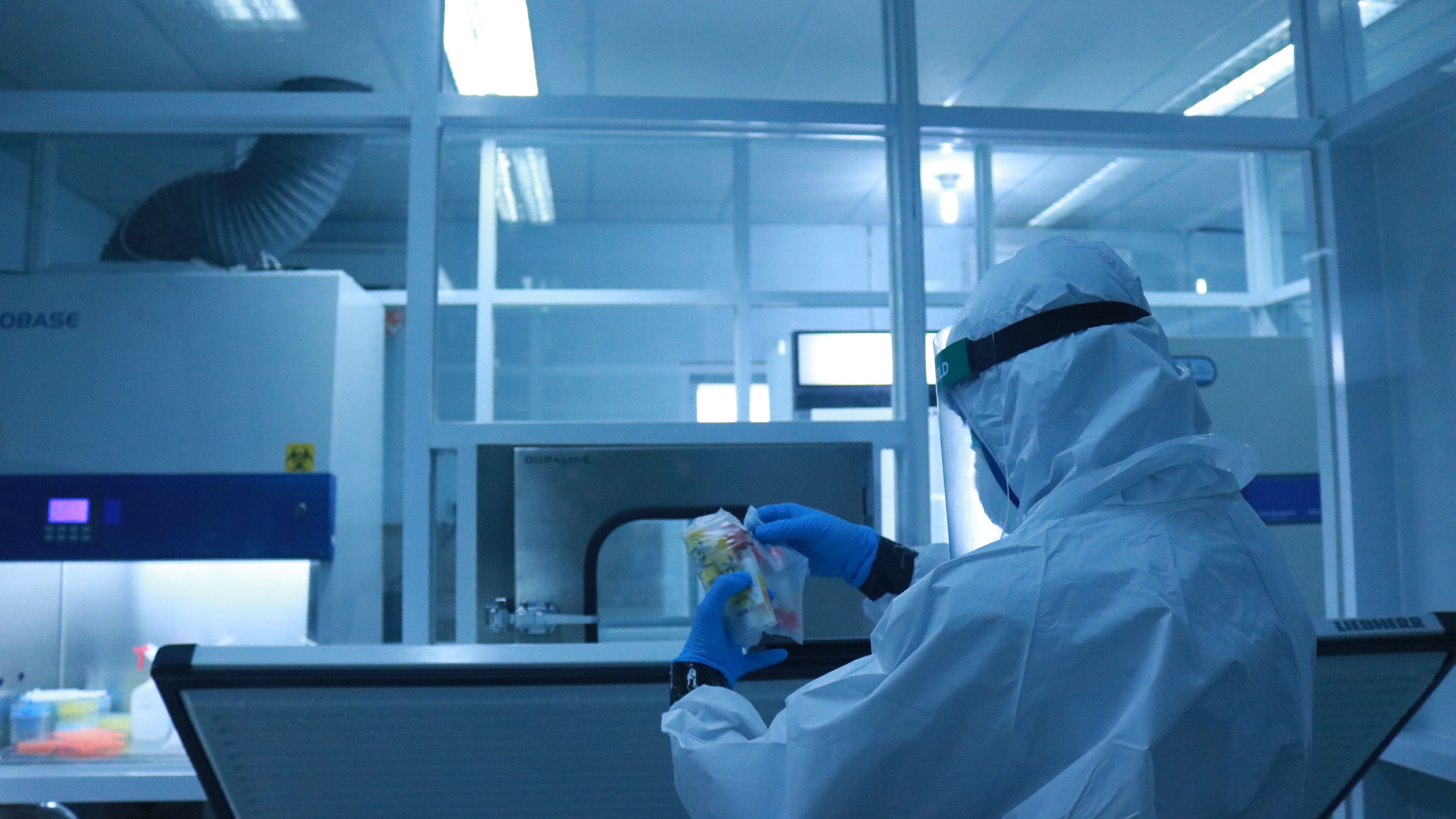Article
New PCR Test Accurate for Detecting C Difficile, Norovirus
Author(s):
The new assay was 100% on both sensitivity and specificity for detecting C difficile infections from rectal swabs.

A new PCR assay features enhanced specificity and sensitivity in detecting both Clostridioides difficile infections (CDI) and norovirus.
A team, led by Florence Skyum, Focused Research Unit in Emergency Medicine, Hospital of Southern Denmark, determined the sensitivity and specificity of a new fast in-house PCR assay that is used on the BD MAX platform to detect both norovirus and C difficile in 1 turnover in clinical context.
The 2 most common causes of infectious gastroenteritis are norovirus and toxigenic C difficile infections, showing the need for rapid and reliable testing in order to assess if contact precautions are needed to reduce the cost of isolation and prevent spreading.
The Study
The investigators collected and analyzed fecal samples and rectal swabs to determine the accuracy of the assay compared to standard methods.
Overall, there were 227 patients included in the study, 143 of which were examined with rectal swabs and 135 of which were examined with fecal samples.
Sensitivity and Specificity
The investigators found the sensitivity for testing C difficile infections for the new PCR test was 100%, with a specificity of 100% on fecal samples. While these numbers dropped on the rectal swab, the PCR test still had a sensitivity of 90.9% and a specificity of 99.1%.
For norovirus, the sensitivity of the PCR test was 73.3% on the fecal sample, with a specificity of 99.2%.
On the other side, for the rectal swab on the norovirus, the PCR test had a sensitivity of 57.1% and a specificity of 99.1%.
The PCR test was also a time saver, as the time consumption for detecting the 2 enteropathogens was decreased by half.
“The new assay shows an acceptable sensitivity and specificity for C. difficile and an acceptable specificity for norovirus when analysis was done on fecal samples and reduces half of the time consumption,” the authors wrote. “Further research is needed to improve the accuracy of the new in-house PCR before clinical implication.”
Missed Diagnosis
Earlier this year investigators found missed C difficile infection diagnoses are somewhat common.
A team, led by Ioannis M. Zacharioudakis, MD, Division of Infectious Diseases and Immunology, Department of Medicine, NYU School of Medicine, examined the rate of missed community-onset C diff infection diagnosis and associated outcomes.
Microbiology laboratories often blind the C diff BioFire FilmArray GI Panel due to fear of an over-diagnosis.
The study included 144 adult patients with FilmArray GI Panel positives for C diff on hospital admission but lacked dedicated C diff testing. Of this group, 18 individuals did not have concurrent dedicated C diff testing, while 8 patients were categorized as possible, 5 were deemed probably, and 4 were identified as definite missed CDI diagnosis.
The researchers found associated delays in initiation of appropriate therapy, intensive care unit admissions, hospital re-admission, colorectal surgery, and death or discharge to hospice.
In addition, 5 of 17 individuals lacked true risk factors for a C diff infection.
The study, “Evaluation of a new fast in-house Real-Time PCR assay for detecting both Norovirus and toxigenic Clostridium difficile using fecal sample and rectal swab,” was published online in the American Journal of Infection Control.





